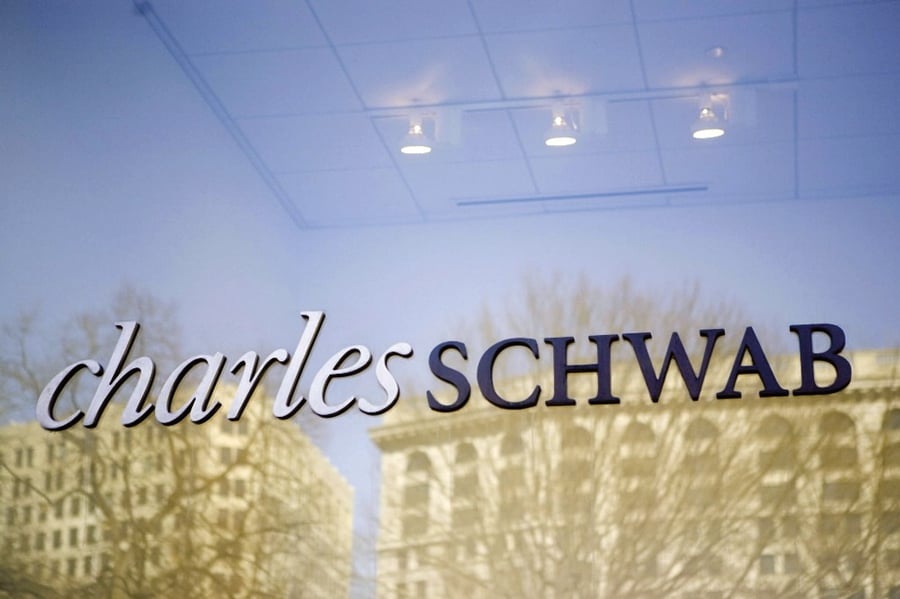

Charles Schwab Corp. said it will increase employee pay by 5% and push back its return-to-office plans to no sooner than January as the Covid-19 delta variant spreads across the U.S.
The pay raise, affecting most of Schwab’s 32,500 employees, will take effect in late September, the Westlake, Texas-based brokerage said Thursday in a statement.
“This increase is a way to reward our talented employees for their contributions and their relentless commitment to see the world through clients’ eyes, even during the most challenging times,” CEO Walt Bettinger said in the statement.
Schwab joins other large financial firms in boosting salaries after more than a year of working through the pandemic. BlackRock Inc. increased pay by 8% for employees at the director level and below, and delayed its office re-entry plans to October.
Big banks, meanwhile, have been locked in a bidding war for young talent, with Goldman Sachs Group Inc. among those dangling at least $110,000 in base pay for junior staffers, up from $85,000.
Charles Schwab, which acquired rival TD Ameritrade last year, has about 32.4 million active brokerage accounts.

Rajesh Markan earlier this year pleaded guilty to one count of criminal fraud related to his sale of fake investments to 10 clients totaling $2.9 million.

From building trust to steering through emotions and responding to client challenges, new advisors need human skills to shape the future of the advice industry.

"The outcome is correct, but it's disappointing that FINRA had ample opportunity to investigate the merits of clients' allegations in these claims, including the testimony in the three investor arbitrations with hearings," Jeff Erez, a plaintiff's attorney representing a large portion of the Stifel clients, said.

Chair also praised the passage of stablecoin legislation this week.

Maridea Wealth Management's deal in Chicago, Illinois is its first after securing a strategic investment in April.
Orion's Tom Wilson on delivering coordinated, high-touch service in a world where returns alone no longer set you apart.
Barely a decade old, registered index-linked annuities have quickly surged in popularity, thanks to their unique blend of protection and growth potential—an appealing option for investors looking to chart a steadier course through today's choppy market waters, says Myles Lambert, Brighthouse Financial.
